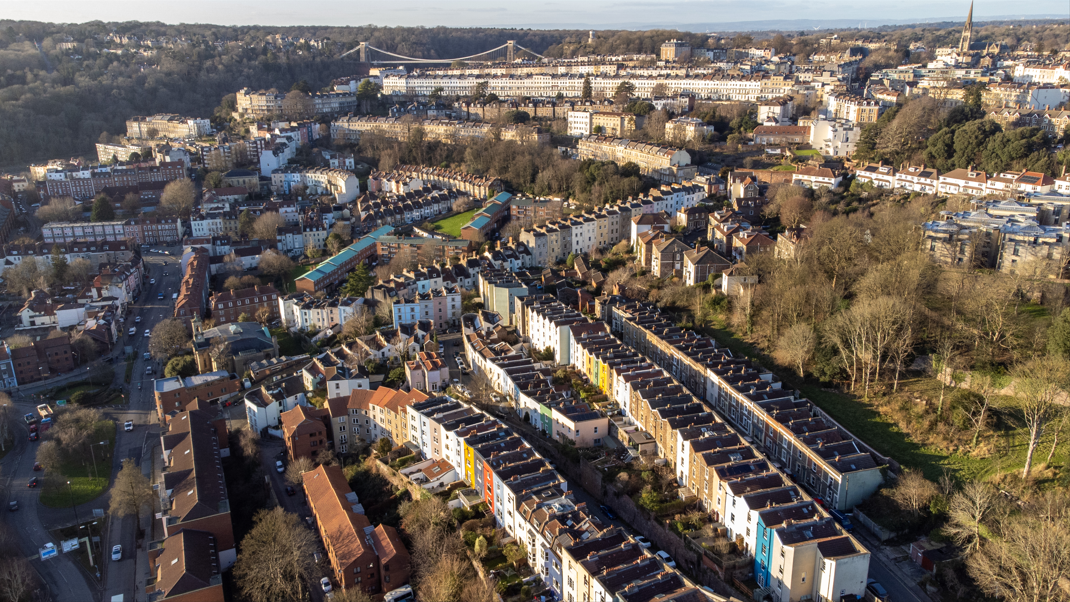The results are in - what happens next in Bristol?

The Green Party is beginning talks to form an administration in Bristol after winning its biggest ever group of councillors in the city.
The party now has 34 of the 70 seats available on Bristol City Council (BCC), with Labour on 21, after losing three councillors.
The Liberal Democrats have the same number of councillors as before the local election - eight - and the Conservatives saw their numbers cut in half to seven.
But no party received enough votes to be in total power of the authority - instead, the council is now in no overall control.
On top of that, BCC is switching to a different model of local government, with decisions taken by committees.
The Labour Party had been in power of Bristol since 2016 - with Marvin Rees as mayor - before a public referendum saw the position scrapped.
Now the future of who makes the city's biggest decisions is up for grabs. So what next?
What does no overall control mean?
Well, exactly what it says - no one is technically in control.
Although the Green Party won the highest number of votes, they were two councillors shy of an overall majority.
That means councillors within the party will now negotiate with councillors from other parties to find a solution.
Parties which have found themselves in these positions on councils across the country have in the past selected other parties who will work with them.
So who could run Bristol?
The BBC understands Tony Dyer could become the council's leader.
Mr Dyer, who returns as the councillor for Southville, is the Green nominee for the new role.
A decision is expected to be made by 14 May.
What about the committee system?
As of the local election, the council has switched from being run by a directly-elected mayor to a series of seven committees.
Which areas the committees will cover has been left for council staff to consider in detail - but it is likely they would take on the council's biggest services such as social care, housing and transport.
Each committee would likely have nine seats, spread evenly across political parties to reflect the wider political balance in the council, and they could meet about eight to 10 times a year.
As the city moves to uncharted ground, compromise and negotiation will be necessary in order to make the difficult decisions.
Follow BBC Bristol on Facebook, X and Instagram. Send your story ideas to us on email or via WhatsApp on 0800 313 4630.


